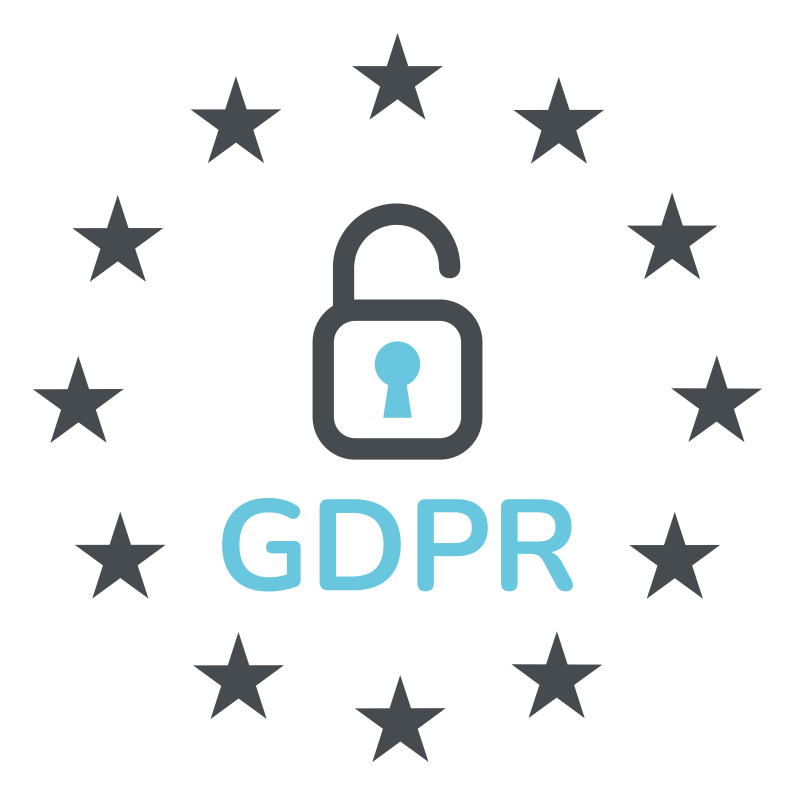Clinical Trial Compliance
What is clinical trial compliance?
Clinical trial compliance refers to strict adherence to both ethical and regulatory guidelines during studies involving human participants. This ensures the safety, integrity, and validity of the research.
Full compliance in a clinical trial is essential for collecting accurate and valuable data, following best practices, and obtaining approval from the relevant governing bodies. Both researchers and participants need to understand clinical trial compliance to avoid the repercussions of non-compliance.
Key components of regulatory compliance
Protocols and standard operating procedures (SOPs)
Robust protocols and SOPs that outline the processes to be followed during the trial and essential to compliance. This is because they act as a guide for the trial to follow, ensuring consistent and accurate data collection and analysis.
Ethical considerations
Another key part of maintaining regulatory compliance in clinical trials is the ethical considerations and protection of human participants. This involves getting informed consent from participants, maintaining their privacy and confidentiality, and conducting the trial responsibly.
Staff training
Regulatory compliance involves suitable training and education for all staff involved in the trial, including investigators, data managers, and study coordinators. They must be well-versed in all relevant regulations and guidelines to ensure that in their roles and responsibilities, they are maintaining compliance with necessary requirements.
Data management and security
When conducting a clinical trial, systems must be implemented for data management, quality control, and risk management. This involves keeping accurate and complete records, carrying out regular audits, and quickly addressing any issues or non-compliance that may occur during the trial.
Challenges of maintaining compliance
Ensuring compliance in clinical trials can be challenging due to the following factors:
- Data integrity – collecting accurate and complete data in large-scale trials can be difficult
- Complex regulations – navigating diverse and evolving regulatory requirements is essential, but challenging for staff involved in the trial
- Resource constraints – limited staff and funding mean compliance requirements cannot always be addressed effectively
What are the consequences of non-compliance?
If a clinical trial is not compliant, it can result in several negative consequences, including:
- Invalid data – regulatory authorities may not accept the data from the outcome of the trial.
- Legal repercussions – this can include fines, penalties, or even criminal charges.
- Reputation damage – if the organisation faces reputational damage, it could reduce the likelihood of future funding opportunities due to loss of credibility and trust.
- Harm to participants – non-compliance increases the risk of unethical treatment towards patients or adverse effects on them.














